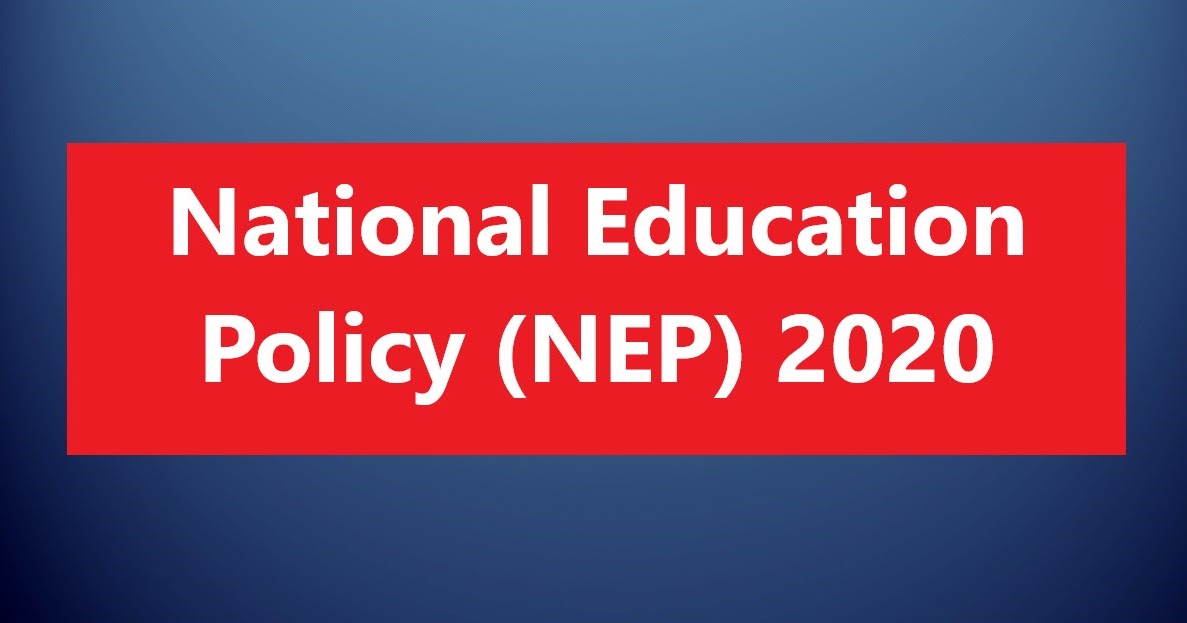CM Edappadi Palaniswamy isn’t ready to hand over political ammunition to the Opposition ahead of polls.
The National Education Policy (NEP) 2020, approved by the Union Cabinet on 29 July, has been broadly welcomed by the southern states, albeit with some objections, but the one state which vehemently opposed it is Tamil Nadu. Even among the northern states, political divide appears to be a major factor behind opposing the policy that was adopted by the country after a gap of four decades.
The states which are under the rule of Opposition parties, especially where Assembly elections are in the near future, are foremost in objecting to some provisions of the policy, while others have almost endorsed it with some tinkering. As education is a subject of the Concurrent List in the Constitution, wholehearted cooperation from states is essential for NEP for its nationwide implementation.
If we closely observe the objections raised by Tamil Nadu, which will go to Assembly elections in April or May 2021, the political compulsions of the ruling AIADMK seem to be behind them. Prominent among the objections is the state’s opposition to Hindi as one of the three languages in the school education. The NEP recommends the three-language formula, though the mother tongue is preferred for early schooling.
Immediately after the policy was announced, Chief Minister Edappadi Palaniswamy (EPS) has made it clear that Tamil Nadu won’t implement this three-language formula as prescribed by the new policy. He wrote a letter to Prime Minister Narendra Modi on 26June 2019 opposing imposition of Hindi on Tamil Nadu as the compulsory third language in schools. EPS also opposed promotion of Sanskrit in NEP. Not just EPS’ AIADMK, but other Dravidian parties like DMK and PMK, too, protested the NEP for its thrust on the three-language formula, which recommends the state’s official language that is Tamil, English and Hindi. Surprisingly, the Congress, which at one time pushed hard for Hindi in Tamil Nadu, is muted in its opinion, while the BJP is the lone party which backed the NEP.
A closer analysis of developments show that people of Tamil Nadu were not all that opposed to Hindi as a language. They may have opposed its forcible imposition, but never hated Hindi as a language of learning or knowledge. In fact, the Dakshin Bharat Hindi Prachar Sabha that was founded in 1918 in Madras, had the full blessings of Mahatma Gandhi and evoked good response from people of then Madras presidency.
During the freedom struggle days, the Sabha was a rallying point for nationalism and patriotism. Mahatma Gandhi and his son, Devadoss Gandhi, led it from the front for long. The Sabha grew in size and stature over the years and became an institution of national importance through a parliamentary Act in 1964.
Of course, precisely during the time, Tamil Nadu witnessed a violent anti-Hindi agitation. Later, then Chief Minister C.N. Annadurai, a founding leader of DMK, moved a resolution in the state legislative Assembly opposing imposition of Hindi and sticking to a two-language formula—Tamil and English—on 23 January 1968. Again, a similar resolution was moved by then CM M.G. Ramachandran who founded his AIADMK after breaking away from DMK, in the Assembly on 13November 1986. CM EPS, in his last year’s letter to the PM, reminded that Tamil Nadu had always stuck to two languages, Tamil and English, and that any change in this would be opposed tooth and nail.
Obviously, EPS appears perturbed by the possible impact of Opposition onslaught on NEP on his party prospects in next year’s Assembly elections. Though AIADMK has been an ally of BJP-led government at the Centre, the CM cannot afford to keep mum on a sensitive issue like Hindi imposition. He is not ready to hand over political ammunition to the Opposition ahead of elections.
We should not forget that only last year, the Union Cabinet had sanctioned four Kendriya Vidyalayas (KVs) where Hindi is taught along with Tamil and English, after a gap of four years. While three of them were set up by the Centre, the fourth one, in Tirupur district, was sponsored by the state government. In fact, Tamil Nadu has 42 KVs, with 70,000 students, out of 1,300 KVs with 13 lakh intake in India.
On the contrary, Karnataka, which, too, takes pride in supremacy of its official language, Kannada, is all set to roll out NEP with some minor changes from the current academic year. Karnataka’s BJP education minister S. Suresh Kumar has said that it would be called the Karnataka Education Policy. Kerala, led by the Left front government has some procedural issues, but is ready to implement NEP from the next year. The governments in two Telugu speaking states—Telangana and Andhra Pradesh—too have no major objections and are ready to implement NEP, possibly from 2021. Of course, they have some issues like funds for breakfast for children, increased enrolment and teacher education etc, but the TRS and YSR Congress governments in these states have welcomed the spirit of NEP 2020.

